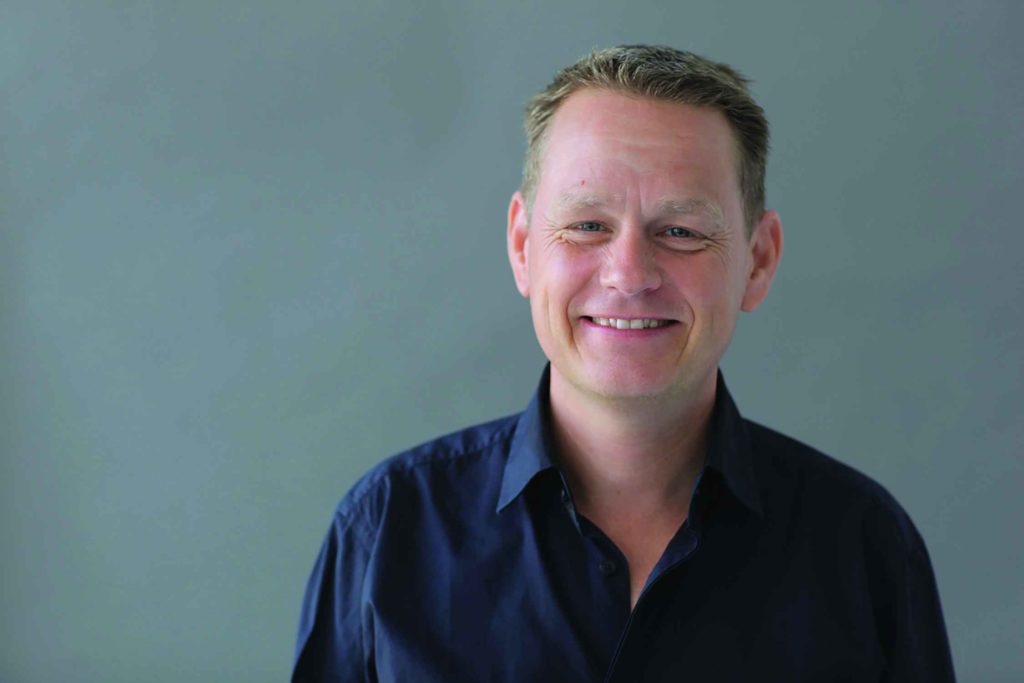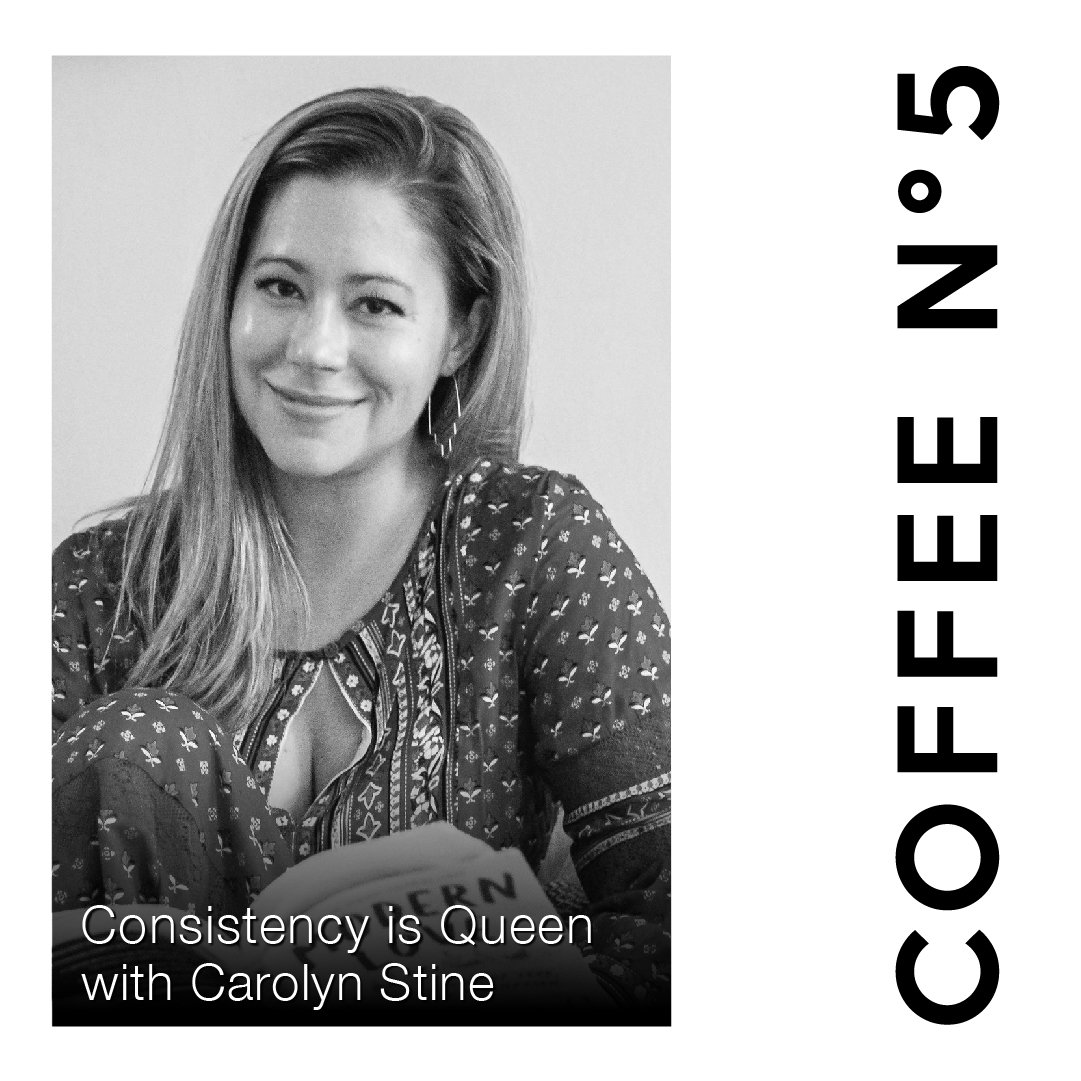Lara Schmoisman 0:04
Hello everyone, welcome back to today to Coffee N5
Today, I want to go more seriously than normal because there is this thing that has been bothering me a lot lately. And I do not have an answer for this. So as usual, I go and I try to find answers.
Today, my topic is common sense. What’s Common Sense? Where can we find it? Do we come with it? Can we learn common sense? Where can we get it? Can we buy it?
So I invited Mr. Martin Lindstrom. Did I say that right?
Martin Lindstrom 0:48
Yes, you did thank you.
Lara Schmoisman 0:04
Welcome to coffee number five. Thank you so much for taking the time to talk to us today.
You are a thinker 50 List. Time Magazine featured you so many times. You are IT!
So I came to you for answers. What is common sense?
Martin Lindstrom 1:15
Well, that’s a very good question. Thank you for inviting me on your show, Lara. I appreciate that. Listen, Common sense for me is to see the world through the eyes of another person.
And I think the issue here is that common sense is disappearing for a multitude of reasons. Here’s what’s so interesting. There’s a direct correlation between common sense and empathy. Guess What? Empathy is also defined as feeling and seeing things from another person’s point of view. And what we see right now in the world is that empathy is having an existential crisis. Not just because we do not know how to connect with people because there is a camera and a screen between us. We also see that the attention span is diminishing. We don’t have a lot of time to wait for people to get us that answer. The coffee breaks and the water cooler moments are gone. The team moments are gone. We simply do not have empathy for each other.
And I think the best way to illustrate why this is so important is to go back in time. Back in 2010, three college students were sitting in their door room smoking weed, go figure. And they were completely out of their head. And they shot a lot of photos and posted them online.
And guess what?
The day after all hell broke loose. And of course, they were saying to each other. Oh my gosh, should we be able to retract those photos? Well, guess what? This was the foundation of Snap Chat. Today a 100 Billion Company.
What’s so fascinating about this is that Snap Chat was started, and founded based on the principle of empathy. The ability to put yourself in the shoes of your audience. And feel what they are feeling. And recruit like-minded people. All sharing that same value. That same emotional inside.
And then the company starts growing. What’s really interesting about Snapchat, late in 2013 they received a check from Mark Zuckerberg for $3 Billion and they declined. Because they didn’t feel that he understood empathy to the degree that they did.
S what I am saying to you is that when you are a small start-up, empathy is very prominent because you are empathy. As you grow bigger and compliance, rules and regulations start taking over. And you are changing the view from the outside-in point of view to an inside-out point of view. And that is where it disappears.
So why is common sense is disappearing?
- First of all, because of technology
- Second, because we do not have the patience anymore.
- Third, because we slowly forget the sole mission of companies and brands.
And because of that, we slowly start to see the world from our point of view. And not the world’s point of view.
And there is no difference between this and the private consumer out there, to the individual. That is losing common sense because at the end of the day we are not exposed to other cultures, to other behaviors. We are sitting in isolation, behind our screens. In our small little community groups on Facebook or whatever it is. With like-minded people, sharing like-minded voices Because we do not want to hear other people’s views.
And suddenly, common sense is disappearing.
Lara Schmoisman 04:27
This is fascinating. I mean, I can’t be talking about this for a long, long time, but since our time is limited, I want to ask you a few questions. I also see correlations. I love that you brought this empathy into consideration. Because I see, for example, reviews.
It is so easy to put reviews out there. And you have Glassdoor and everywhere. And everyone is only thinking about themselves when they put the reviews. They are not thinking about the company. We know most people are upset they are more eager to put their review than someone who is happy. That is a known fact.
So what can we do to get more empathy? And to create more common sense. How can we reverse this? Because I also see a generational effect.
I am a generation X. I see the millennials of the world are different. I see that Z gen is different. I see this in my students. I see it in my kids.
You are totally right. We are losing empathy. We are losing common sense. So how can we get it back?
Martin Lindstrom 05:43
Lara, I am going to give you an answer, which is very unexpected for you, and it may also be slightly tricky to execute, even though some are super simple.
Get rid of your phone.
Okay, this is crazy. What I’m seeing right now, I know, but five years ago I decided to skip my phone. I didn’t have a phone at all. No kidding, no phone. No smartphone, no conventional phone.
And here’s what I learned through that exercise.
I learned that first of all, when we have a phone, we don’t see details anymore.
Whenever something is happening around us, we take the lens in front of our eyes. We don’t even see our newborn baby walking for the first time. We see it through a screen.
That means we don’t see details around us. Because we are constantly afraid of not recording it and capturing it. And that’s the first issue.
The second issue is that we do not meet people anymore.
When we meet people it’s curated through an algorithm. Think about it. You go to a bar. You are waiting for someone and that person is late. What’s the first thing you do? You grab your phone and do ANYTHING with your phone so you look like a complete loser.
Lara Schmoisman 06:53
Oh my God, I am such a loser. I am such a loser because I am completely the opposite.
My husband always makes fun of me. So I go and wait in line and come back with a friend or business.
Martin Lindstrom 07:05
You already are ticking the boxes. Here we go, right?
Lara Schmoisman 06:53
Maybe, because I don’t have good eyesight, so I cannot see the phone. I feel like you are totally right like we are losing perception of what’s around us. It’s like fear of making that connection. My mom always said you have to know already. You can always try an interaction with someone to make a connection with someone. If it doesn’t work, it doesn’t work.
Martin Lindstrom 07:38
The third thing that I learned from not having a phone is that you never get bored anymore. Boredom is the foundation for creativity. It’s that pause in life. It gives you the opportunity to see things from a new perspective. To reflect on things, to combine two ordinary things in a new way. And when you think about those three factors, they are actually linked to empathy.
Because empathy is the ability to see the world from a different point of view. To have the time to listen to it and understand that. And put yourself in the mindset of another person.
So my advice to you, if you or to whoever is listening. If you want to increase empathy is
to put yourself in the shoes of another person. Now you can do that by minimizing your phone. Like not use your phone on Sundays. But you can also do that by literally putting yourself in the shoes of another person.
I did that some years ago. where I spent time with a blind person for a week. Walking in the foot steps of a blind person for an entire week, being blind myself. That’s where I heard the world differently. I felt the world differently. I smelled and tasted the world differently.
And guess what? When I took my blindfold off, I also saw the world clearer and differently. And that established a sense of empathy. Not just with people who have reduced eyesight. But also with the world. Because I saw it differently.
Lara Schmoisman 09:13
Yes, It’s like being in someone else’s shoes.
Martin Lindstrom 09:14
Absolutely.
Lara Schmoisman 09:15
It’s that experience of being in it. It’s really easy to judge others, right?
Martin Lindstrom 09:22
Very quickly. And we are very good at it right now. And we want to do it in 5 seconds because we have no patience to do the deep research and truly understand their point of view. We go to the keyboard and hammer something out quickly and we move on. Not knowing how we may have caused a lot of damage and put ourselves out of control. Right?
Lara Schmoisman 09:41
Yes. I feel like lately, we are moving too fast. People want to grow in their jobs. We want to move from one place to another. There is no patience to grow and learn. But if you don’t give time, how can you actually learn?
Martin Lindstrom 10:00
Well, that’s interesting. The world has never gone this fast. And will never be that slow again.
And I think the issue is that this is just the beginning.
In my opinion, you need to do a plan with yourself. You need to ask yourself two things.
What is the moment where I thrive the most? Where I generate the most ideas. Where my thoughts are truly reflective. I call this the water moment. For me, the water moment is to swim. Whenever I swim, that is my creative moment. So, when I am in contact with water I really think very well. So I am actually putting 1 hour of swimming into my calendar every day. For the sheer purpose of the kind of meditating and also connecting thoughts in a new way. This could also be running or doing something else. Don’t be on the phone during that period. If you are sitting in a car or whatever. It is not meant for that. It is a transition time. So that’s the first thing.
The second thing for me is when you do all of this is to ask yourself, What would you like to get out of this at the end of the day? What kind of person would you like to be at the end of the day? The issue that we have is that a lot of people don’t really pause to ask themself this question. They just raise their hat in the rat race of checking boxes that are defined by others by career path, metrics, and by scoring systems. Did you ever say to yourself, If you were on an island and brands would not exist? And by the way, it would only be you. How would you put up a different goal? What would that be? And besides the obvious of getting food? I am pretty sure that the success metrics of today and the metrics of being on that island would be very different.
So my question is, why is that? Because we have been seduced and peer pressured into a world of metrics that are defined by others. So I think if you can get rid of that or just minimize that it can also help solve that challenge.
Lara Schmoisman 12:07
And also, if you were on the island you would be bored to death. Besides trying to get food. You would try to innovate ways to use your time.
Martin Lindstrom 12:18
Absolutely.
Lara Schmoisman 12:19
And it’s correlating really well with creativity and innovation. Isnt’ it?
Martin Lindstrom 12:27
Well creativity to me is to see the world from a different point of view. And it is to combine two ordinary things in a new way. And you can only do that by exposing yourself to many different things. For the last fifteen years, I have lived in more than 3,000 different homes. Lived in them. Across more than 100 countries. It’s part of my job to see and understand and feel other people. And I wrote a book about it called Small Data just to share how these seemingly insignificant observations you make every day actually can have a profound impact on how we can change the world and innovation of cultures. But I have to say, that going through this process helped me stimulate my own degree of creativity. And it’s really given me much more appreciation of life. If you only see the world from one point of view. How should you be able to appreciate what it is you are doing? Because that is the standard. That is the benchmark for yourself. But if suddenly one day find yourself in a hut somewhere in Nigeria, living on mut which I have done with other people. Or being kidnapped in Venezuela in Caracas. Or on the other hand, living with billionaires in Germany or in the UK.
When you see these bunch of different points of view. You suddenly get this Eureka moment. You have a Eureka moment! And you start to see and feel things in a very different way. And that actually makes you more happy, I have to say.
Lara Schmoisman 14:03
It’s so true about what people say about seeing the world differently. I was very lucky that my parents traveled the world with us as little kids. There are places that I don’t remember as well, but I remember the experience. I remember feeling different. Different sounds. Different smells. I think all that gives you a different perspective. I try to do this with my kids, but today we live in a much more global world than before. So we can access Italian food in Los Angeles. You don’t have to go to Italy to get real Italian food. But still, it’s different. It’s different. Being in Italy to feel the Italian culture and how people express themselves. And what people laugh about and understanding that laugh. I always say that you cannot understand language. English is my second language and even though I understand the language I did not understand what people LAUGH about.
That is so powerful just to connect with others and just to understand what others laugh about. What makes them sad? And that has a very, very big effect on understanding culture.
Martin Lindstrom 15:26
Lara, that is basically the essence of empathy. I think we have so many references if we come from Italy. Let’s say, you know some of the tv shows – U Ray Uno, Raydo from a child.
You know the Italian jokes. You know the cultural references. And what you will also probably realize is that if your partner happens to be Italian you somehow connect through cultural references much quicker. And therefore it’s easier to see and feel the world from different views because you actually have the same reference point. You have a bond of emotions.
If you suddenly have a partner from another culture. I’m sure you will be in love with her or her. I think the reality is it’s that it’s harder. It’s harder because you don’t have the built-in bond and set into the dynamics that you have. And absolutely, empathy is part of that mindset you are reflecting on.
Lara Schmoisman 16:33
Before we go, I want to ask you this last question. What is the experience very early on that made you start this journey and be who you are? I believe that always something that happened to us moves us in the direction of who we need to be.
Martin Lindstrom 16:57
I think the most important piece of advice that I can give you and you probably will not believe me when I am saying this. I have been fairly successful and fairly lucky. I would say. But I have, like anyone else, I have problems and challenges too. Everyone has that. True life.
And I always say to myself, when I have a serious challenge or problem. I always say to myself, Frist of all, “What is the worst thing that can happen?” And quite often I realize that 9 out of 10 of all issues are unnecessary.
And I also ask myself if I could give advice to my younger self, what would it be? And the number one piece of advice that I always give to myself in situations like this is.
Martin, for some reason it’s always an unnecessary concern. For some reason, it will always solve itself. And for 52 years, that is my age, that has been the case. I have asked a lot of other people the same questions and I got exactly the same answer.
So my answer to you is.
Be yourself. Don’t be afraid of standing out. Don’t be afraid of the ramifications or consequences because, at the end of the day for some reason, 9 out of 10 all concerns are unnecessary. And if you are dictated and defined by others. It’s not you. It’s someone else deciding your life. And I could not I could not think of anything worse than another person deciding someone else defining your life.
Lara Schmoisman 18:26
Beautiful. Thank you so much, Martin, for sharing all this wisdom with us.
Martin Lindstrom 18:32
You are welcome.
Lara Schmoisman 18:34
And to you guys, I will see you next week with more Coffee N5.








